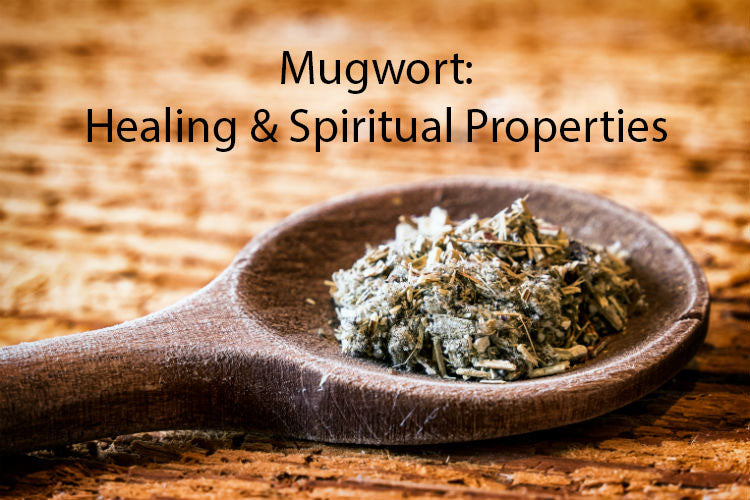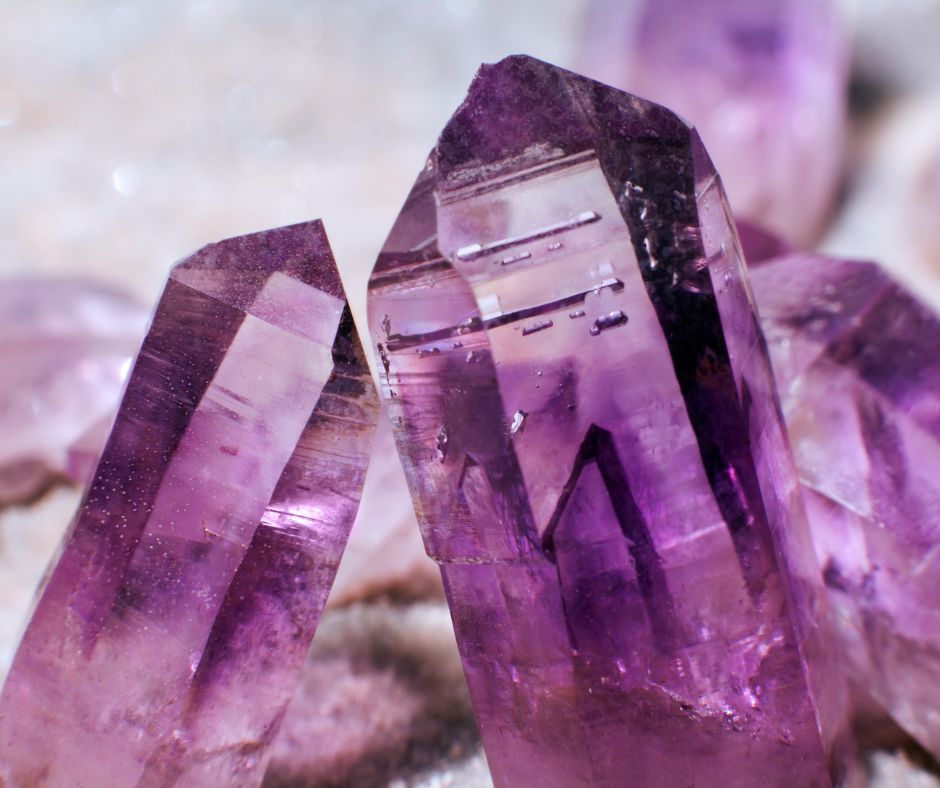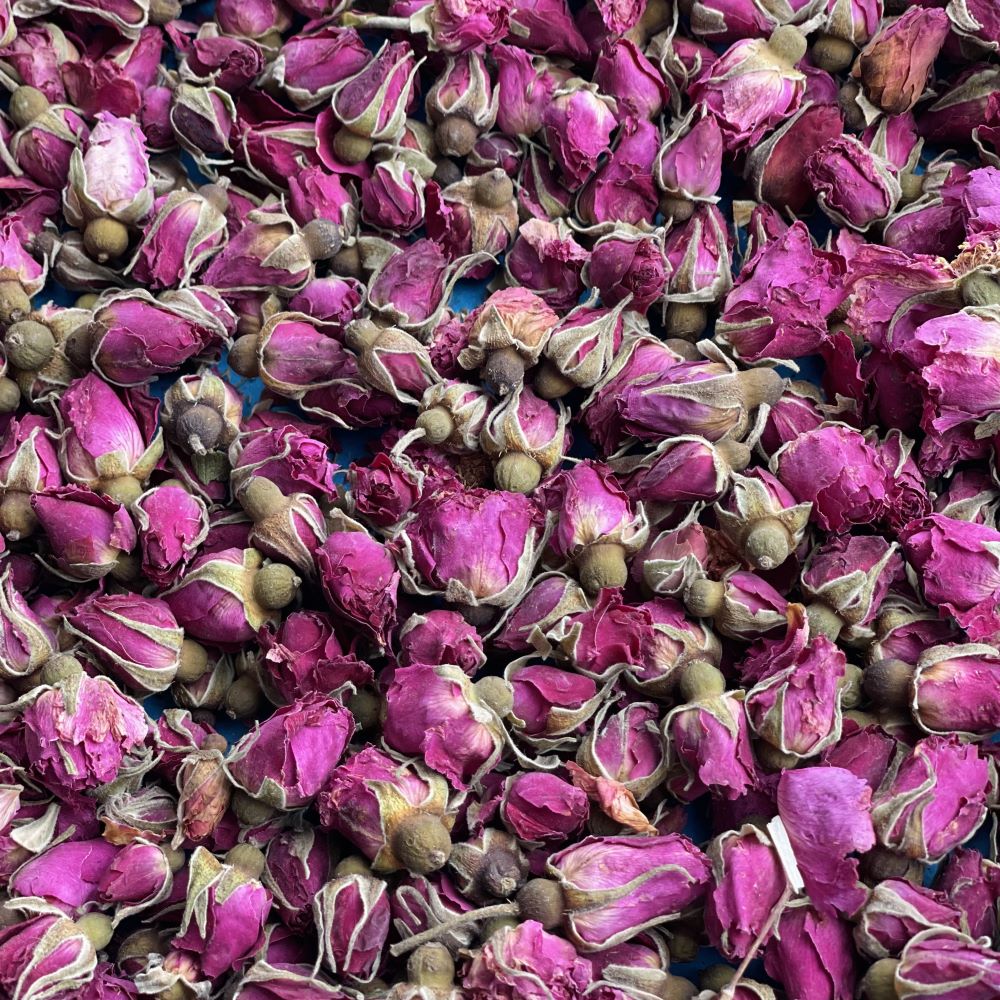Mugwort
Latin Name:
Artemisia vulgaris
Other Names:
Common Mugwort, Sailor's Tobacco, Felon Herb, Old Uncle Henry, Cronewort
Active Ingredients:
Mugwort contains various active compounds, including essential oils (such as cineole and thujone), flavonoids (including quercetin and rutin), sesquiterpene lactones, and coumarin derivatives.
Contraindications:
Mugwort should be used with caution and under the guidance of a healthcare professional, as it may cause allergic reactions in some individuals. It is not recommended for use during pregnancy, as it may stimulate the uterus and potentially lead to miscarriage. Individuals with ragweed allergies or a sensitivity to plants in the Asteraceae family should avoid mugwort.
Traditional Herbal Properties:
Mugwort has a long history of use in traditional herbal medicine. It is believed to have the following properties:
- Carminative: Helps relieve gas and bloating.
- Diuretic: Promotes urine production and helps with water retention.
- Digestive stimulant: Enhances digestion and appetite.
- Emmenagogue: Stimulates menstrual flow and helps regulate the menstrual cycle.
- Nervine: Supports the nervous system and helps alleviate stress and anxiety.
- Vermifuge: Aids in the elimination of intestinal worms.
Medicinal Properties:
Mugwort has been used in various medicinal applications, including:
- Digestive disorders: Mugwort is often used to alleviate indigestion, flatulence, and stomach cramps.
- Menstrual support: It may help regulate irregular menstrual cycles and relieve menstrual cramps.
- Insomnia and anxiety: Mugwort is sometimes used to promote relaxation and improve sleep quality.
- Skin conditions: It can be applied topically to help relieve itching and irritation associated with certain skin conditions.
Magical Properties:
Mugwort has been associated with various magical and spiritual properties in different traditions, including:
- Protection: It is believed to have protective properties when carried or hung in the home.
- Divination: Mugwort is sometimes used to enhance psychic abilities and aid in divination practices.
- Dreamwork: It is often used in rituals and as a sleep aid to promote vivid and lucid dreaming.
- Purification: Mugwort can be burned as incense or used in smudging ceremonies to purify spaces.
Usage and Dosage:
Mugwort can be used in various forms, including teas, tinctures, essential oils, and topical applications. It is important to follow recommended dosage guidelines and consult with a qualified herbalist or healthcare professional for appropriate usage instructions.
Folklore and Legends:
Mugwort has been associated with folklore and legends in different cultures around the world. In European folklore, it was believed to protect against evil spirits and witches. It was also associated with the festival of Samhain (Halloween) and used in divination rituals. In traditional Chinese medicine, mugwort is considered a warming herb and is used to balance the body's energy.
Plant Growth and Harvest:
Mugwort is a perennial plant that grows in various regions across the Northern Hemisphere. It thrives in well-drained soil and prefers full sun or partial shade. Mugwort can reach a height of 2 to 4 feet (60 to 120 cm) and produces small yellow flowers. The leaves and flowering tops are typically harvested before or during flowering for medicinal and magical purposes.
You Can Find Our Mugwort Here
References:
- Chevallier, A. (2000). The Encyclopedia of Medicinal Plants. Dorling Kindersley Limited.
- Hoffmann, D. (2003). Medical Herbalism: The Science and Practice of Herbal Medicine. Healing Arts Press.
- Wood, M. (2008). The Earthwise Herbal: A Complete Guide to Old World Medicinal Plants. North Atlantic Books.




Leave a comment
This site is protected by hCaptcha and the hCaptcha Privacy Policy and Terms of Service apply.